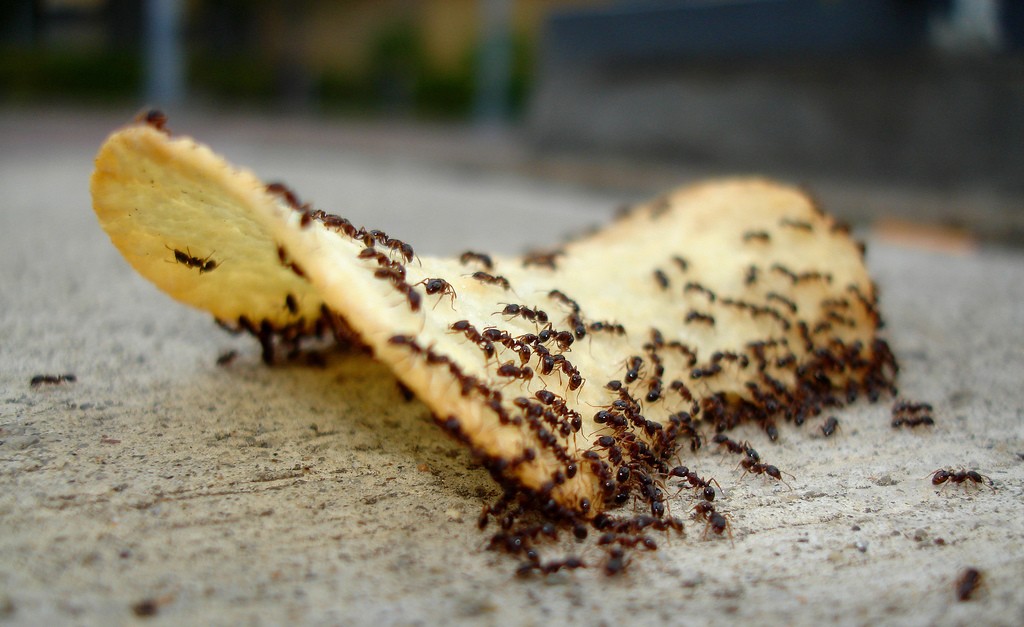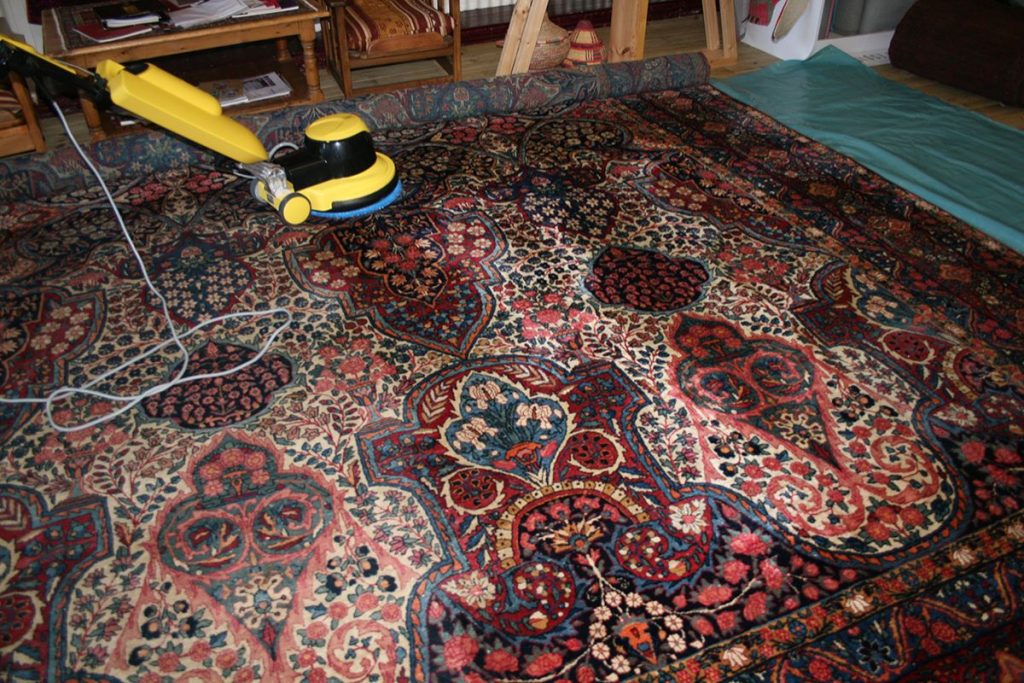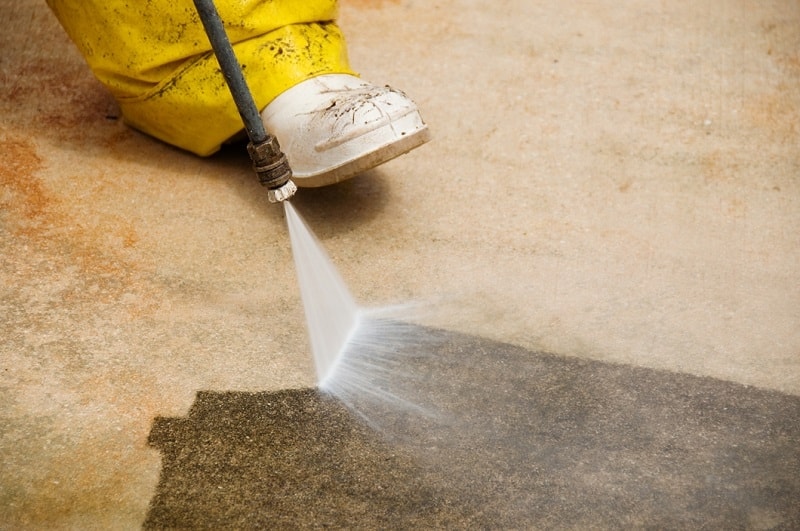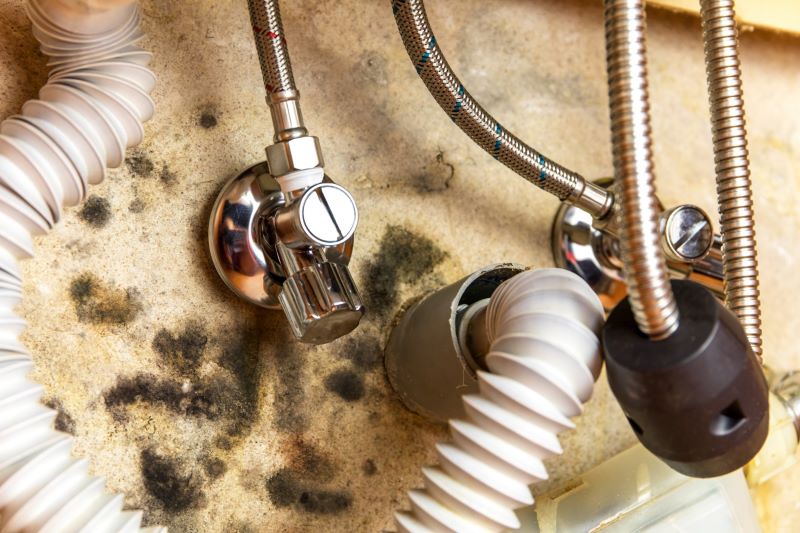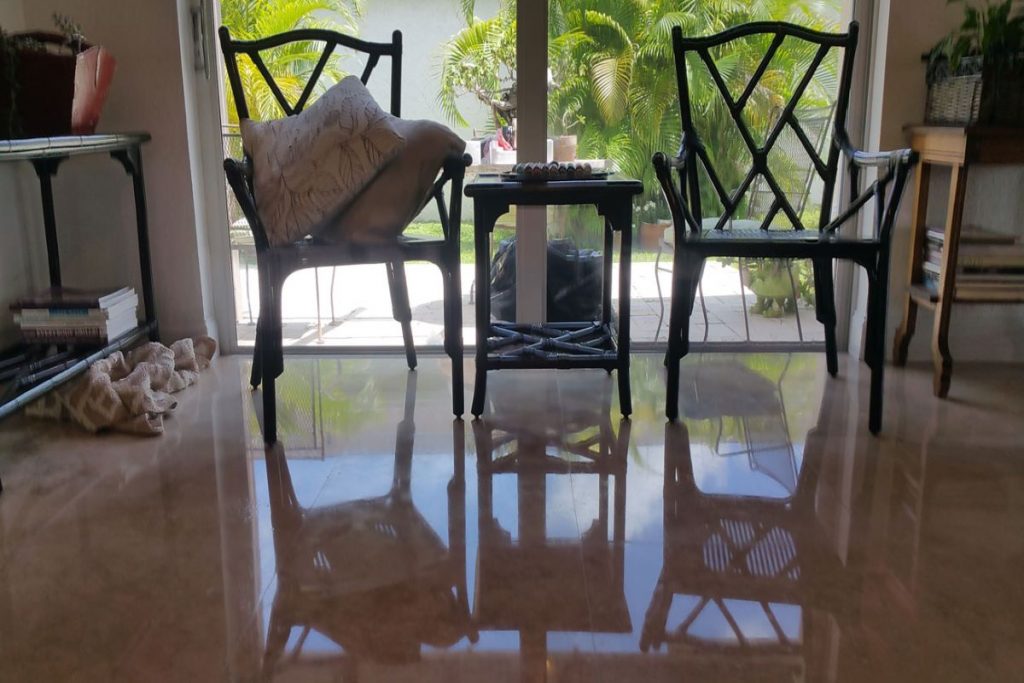Table of Contents
I. Introduction
Ants are tiny creatures that can quickly become a major nuisance in your home. They can crawl on your counters, get into your food, and even cause damage to your property. In this article, we will discuss effective methods for ant removal that can help you get rid of ants for good.
The problem with ants and why they are difficult to get rid of
Ants are resilient creatures that can easily adapt to changes in their environment. This makes them difficult to get rid of once they have established a colony in your home. Furthermore, ants are social insects that work together to feed and protect their queen. This means that eliminating one or two ants will not solve the problem. You need to eliminate the entire colony to get rid of ants for good.
The importance of finding the right method for the type of ant infestation
There are many different types of ants, and each one requires a different approach for effective removal. Using the wrong method can actually make the problem worse, and can cause the ants to spread to other areas of your home. Therefore, it is important to identify the type of ant infestation you have before attempting to eliminate them.
II. Understanding Ants
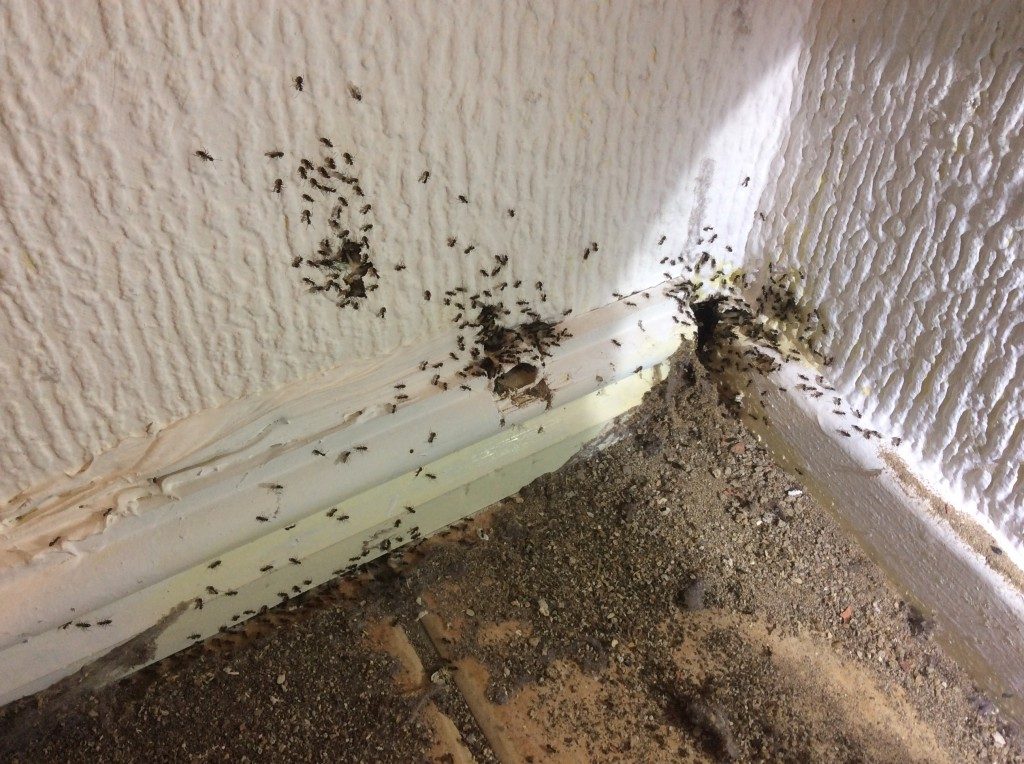
Types of ants commonly found in households
There are several types of ants commonly found in households. The most common ones include sugar ants, carpenter ants, black ants, red ants, and fire ants.
Ant behavior and their nesting habits
Ants are social insects that live in colonies. They are organized in a hierarchical system, with a queen at the top and workers at the bottom. Ants can build their nests in a variety of locations, including inside walls, under foundations, and in the ground.
What attracts ants and how they enter homes
Ants are attracted to food, water, and shelter. They can enter your home through small cracks and holes in the walls, floors, and foundations. Ants can also be carried into your home on plants or in other materials.
III. How to Get Rid of Ants
A. Prevention
Prevention is the best way to keep ants out of your home. Here are some tips for preventing ants:
Keeping a clean home and removing food sources
Ants are attracted to food, so keeping a clean home can help prevent an infestation. Make sure to wipe down counters and sweep up any crumbs or spills. Keep food stored in airtight containers to prevent ants from getting to it.
Sealing cracks and holes to prevent entry
Sealing up cracks and holes in your home can prevent ants from entering. Use caulking or weatherstripping to seal up any gaps in your walls or floors.
Using ant repellents to deter ants from entering
There are several ant repellents available that can help keep ants away. These include peppermint oil, cinnamon, and citrus.
B. Natural Remedies
There are several natural remedies that can help repel or kill ants. Here are some of the most effective ones:
Using vinegar, baking soda, or essential oils to repel ants
Mixing vinegar, baking soda, or essential oils like peppermint or tea tree oil with water can create a natural ant-repellent. Spray the mixture in areas where ants are present to keep them away.
Using diatomaceous earth or borax to kill ants
Diatomaceous earth and borax are natural substances that can kill ants. Sprinkle the powder in areas where ants are present to eliminate them.
C. Commercial Products
In addition to natural remedies, there are also commercial products available for ant control. These products contain chemicals that are specifically designed to kill ants, either on contact or through ingestion.
Pesticides and insecticides are common commercial products used for ant control. They come in the form of sprays, dusts, or granules, and can be applied directly to ant trails or nesting areas. These products can be effective in killing ants, but they can also be harmful to humans and pets. It’s important to follow the instructions carefully and keep these products out of reach of children and animals.
Ant baits and traps are another type of commercial product that can be effective in eliminating ant colonies. These products work by attracting ants to a bait or trap that contains poison. The ants then bring the poison back to their colony, which can eliminate the entire population. Ant baits and traps are generally safer to use than pesticides and insecticides, but they can take longer to work and may require multiple applications.
IV. Specific Methods for Ant Types
Different types of ants have different behaviors and nesting habits, which means that the most effective method for getting rid of one type of ant may not work for another. Here are some specific methods for getting rid of common types of ants:
Sugar Ants
Sugar ants, also known as odorous house ants, are attracted to sweet foods and are often found in kitchens and pantries. They are small and brown or black in color, and they emit a strong odor when crushed.
To eliminate sugar ants, it’s important to use bait stations that contain a sweet liquid or gel that is toxic to ants. Place the bait stations near where the ants are entering your home or near their nesting areas. Sugar ants are attracted to the bait and will bring it back to their colony, which can eliminate the entire population.
Using ant repellents can also be effective in deterring sugar ants from entering your home. Common ant repellents include vinegar, peppermint oil, and cinnamon.
Carpenter Ants
Carpenter ants are larger than most other ant species and are usually black or dark brown in color. They are attracted to wood and can cause damage to structures if left unchecked.
To eliminate carpenter ants, it’s important to locate their nesting areas. Carpenter ants often nest in damp or decaying wood, so check areas like attics, crawl spaces, and basements. Once you’ve located the nest, use bait stations that contain a toxic gel or liquid. Carpenter ants are attracted to the bait and will bring it back to their colony, which can eliminate the entire population.
Insecticide sprays can also be effective in eliminating carpenter ants, but they should be used sparingly and only in areas where the ants are entering or nesting.
Black Ants
Black ants, also known as pavement ants, are small and black or brown in color. They are often found in and around homes and are attracted to food and water.
To eliminate black ants, use bait stations that contain a sweet or greasy substance that is toxic to ants. Place the bait stations near where the ants are entering your home or near their nesting areas. Black ants are attracted to the bait and will bring it back to their colony, which can eliminate the entire population.
Using ant repellents can also be effective in deterring black ants from entering your home. Common ant repellents include vinegar, peppermint oil, and cinnamon.
Red Ants
Red ants, also known as fire ants, are aggressive and have a painful sting. They are commonly found in southern parts of the United States and build large mounds in open areas such as lawns and gardens. To get rid of red ants, use the following methods:
Bait stations: Use ant bait stations to eliminate red ant colonies. Place them near ant mounds or trails, and the ants will take the bait back to the colony, leading to its elimination.
Insecticide sprays: Use insecticide sprays specifically designed for red ants to eliminate their colonies. Apply the spray directly onto the mound and surrounding areas.
V. Additional Tips and Tricks
Aside from the specific methods for ant types, there are additional tips and tricks to keep ants out of your home:
Keep your home clean:
Ants are attracted to food, so keep your home clean and free of crumbs and spills.
Seal entry points:
Seal cracks and crevices to prevent ants from entering your home.
Remove water sources:
Ants need water to survive, so fix any leaks or standing water around your home.
Use natural deterrents:
Essential oils, such as peppermint and lavender, can be used as natural ant deterrents.
VI. Conclusion
In conclusion, ants can be a persistent problem in many households, but there are effective methods for ant removal. Understanding the behavior and nesting habits of ants can help in finding the right method for ant control. By using preventative measures and specific methods for each ant species, homeowners can maintain an ant-free home.
